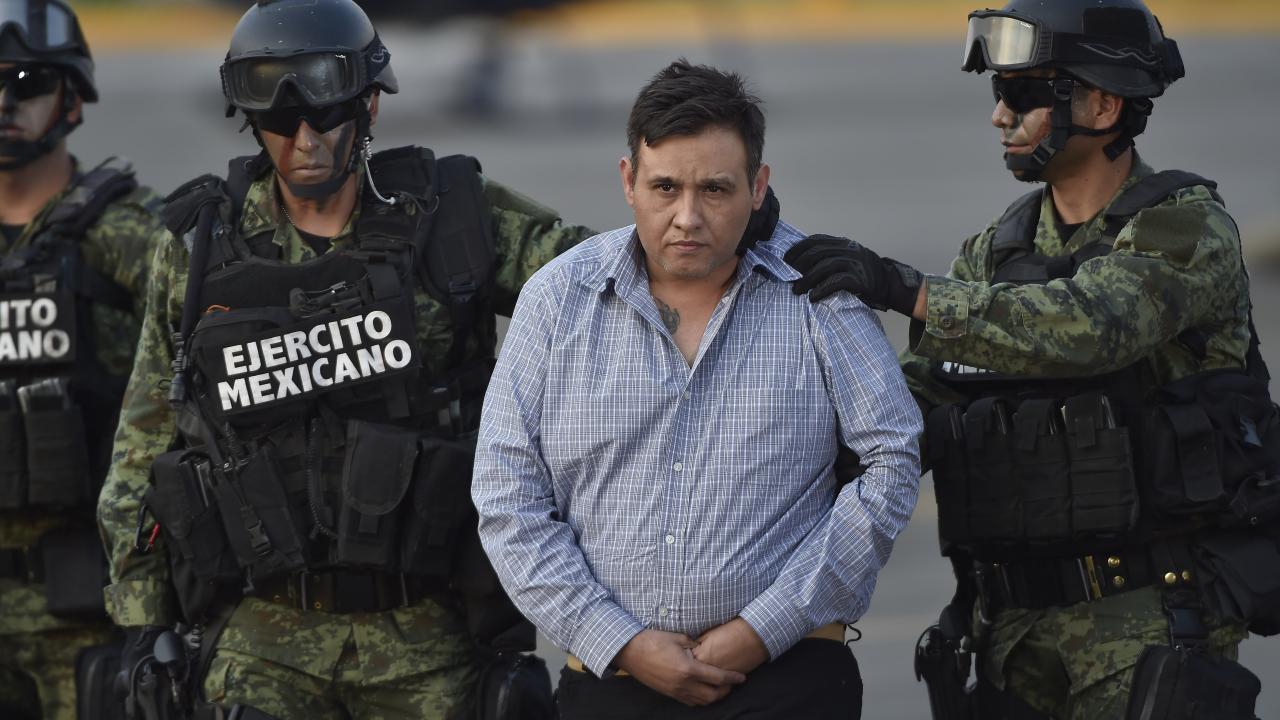An illegal grouping of companies that discourages competition is a grave threat to the integrity of markets and the well-being of consumers. Such groupings, often referred to as cartels or monopolies, engage in anti-competitive practices that undermine fair competition, leading to higher prices, reduced innovation, and diminished consumer choice.
This comprehensive analysis delves into the intricate world of illegal groupings, examining their various forms, methods of operation, and the devastating consequences they inflict on markets and economies. It also explores the legal frameworks and enforcement mechanisms designed to combat these illicit practices, safeguarding competition and protecting consumers.
Definition and Overview
An illegal grouping of companies, also known as an antitrust cartel, is an agreement among multiple businesses to collude and restrain competition in a specific market. These groupings typically involve companies in the same industry or market sector and aim to reduce or eliminate competition to increase profits or maintain market share.
Characteristics of illegal groupings include:
- Secret or informal agreements between companies
- Coordination of pricing, production, or distribution strategies
- Division of markets or customers
- Restrictions on entry or expansion by competitors
The purpose and motivations behind forming illegal groupings are primarily to:
- Increase profits by reducing competition and raising prices
- Protect market share and prevent new entrants
- Stabilize the market and reduce uncertainty
Types of Illegal Groupings: An Illegal Grouping Of Companies That Discourages Competition

Cartels
Cartels are the most common type of illegal grouping. They involve explicit agreements between companies to fix prices, allocate market shares, or restrict production or distribution. Cartels are often formed in industries with high barriers to entry or exit.
Monopolies
Monopolies are single companies that control a substantial portion of a market, giving them significant power to set prices and restrict competition. Monopolies can be formed through mergers, acquisitions, or predatory pricing practices.
Trusts
Trusts are legal entities that are formed by combining multiple companies into a single entity. Trusts can be used to create monopolies or cartels and can be particularly difficult to break up.
Methods of Discouraging Competition
Price Fixing
Price fixing is an illegal agreement between companies to set or maintain specific prices for goods or services. Price fixing can be done through direct agreements or through more subtle methods, such as exchanging pricing information.
Market Division
Market division is an agreement between companies to divide a market into specific territories or customer groups. This can prevent competition between the companies and allow them to maintain higher prices.
Boycotts
Boycotts are agreements between companies to refuse to deal with specific competitors or suppliers. Boycotts can be used to punish competitors or to prevent them from entering a market.
Legal Consequences

Antitrust Laws, An illegal grouping of companies that discourages competition
Antitrust laws are laws that prohibit anti-competitive practices, including illegal groupings. These laws vary by country, but they generally prohibit agreements or practices that restrain trade or competition.
Penalties and Sanctions
Violations of antitrust laws can result in significant penalties, including fines, imprisonment, and civil damages. In some cases, companies may be required to break up or divest certain assets.
Regulatory Agencies
Regulatory agencies are responsible for enforcing antitrust laws. These agencies investigate allegations of anti-competitive behavior and can impose penalties on companies that violate the law.
Case Studies

Microsoft
In 2000, Microsoft was found guilty of violating antitrust laws by tying its Internet Explorer browser to its Windows operating system. Microsoft was ordered to break up into two separate companies, but the breakup was later overturned on appeal.
AT&T
In 1984, AT&T was broken up into seven regional operating companies after being found guilty of monopolizing the telecommunications market. The breakup of AT&T led to increased competition and lower prices in the telecommunications industry.
Impact on Consumers and the Economy

Consumers
Illegal groupings can harm consumers by reducing competition, raising prices, and limiting choice. Consumers may also be harmed by the loss of innovation and new products that can result from a lack of competition.
Economy
Illegal groupings can also harm the economy by reducing economic growth and productivity. They can lead to inefficient allocation of resources and can stifle innovation and entrepreneurship.
Expert Answers
What are the primary motivations behind the formation of illegal groupings of companies?
Companies may form illegal groupings to gain market power, eliminate competition, and maximize profits.
How do illegal groupings typically discourage competition?
They may engage in price-fixing, market allocation, bid-rigging, and other anti-competitive practices.
What are the potential consequences for companies involved in illegal groupings?
They may face legal penalties, fines, and even criminal charges.